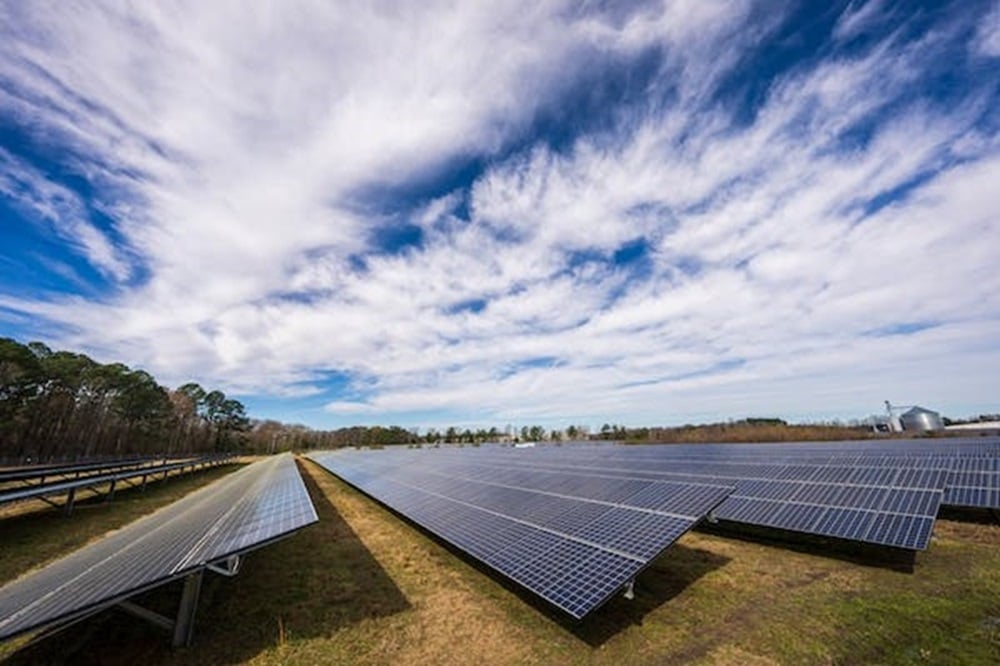In the sun-soaked land down under, the path of sustainable and cost-effective energy solutions has led many Aussies to explore the concept of “free solar.”
As solar energy gains prominence as a viable alternative to traditional power sources, the allure of harnessing the sun’s rays without a hefty price tag has captured the imagination of homeowners and businesses alike.
In this post, we will dive into the heart of the matter, aiming to unravel the truth behind the promise of free solar energy in the nation.
Is there such a thing as free solar panels?
It’s no surprise that many believe that free solar panels exist due to the overwhelming number of click-bait ads out there. They are not scams, but misleading.
Although a company may not charge any upfront payment for solar panels, it will come with a monthly fee for using them (for PPAs and solar leasing) or monthly repayments (for financing).
The truth behind free solar panels
You will likely encounter (or probably have encountered) advertising for FREE solar panels on the internet or other forms of traditional ads, such as brochures, banners, etc.
When you see it, it can mean several things. One is that it could be a solar lease agreement.
Another is it could be a Power Purchase Agreement (PPA). It could also be a government program that caters to low-income households. Finally, it could be financing in the form of zero-interest loans.
Solar lease
A solar lease is an arrangement where a third-party solar provider installs and maintains the panels on a property. Instead of buying the solar panels outright, the property owner agrees to lease the panels for a specified period, often ranging from 10 to 25 years.
One of the advantages of a solar lease is that it doesn’t have any upfront costs. It allows homeowners and business owners to adopt solar energy without the financial barrier that usually accompanies buying a solar system outright.
In most cases, it comes with comprehensive solar panel maintenance packages. With that, the responsibility of maintaining the solar panels falls on the leasing company, which will relieve the property owner of the hassle and cost associated with repairs and maintenance.
Another benefit is that it comes with immediate savings on energy bills. This will also reduce homeowners’ and business owners’ reliance on the grid, which will lead to significant savings. This comes with a fixed monthly payment, making it easier for individuals to budget and plan for their energy costs.
Power Purchase Agreement (PPA)
A PPA is, like a solar lease, not free. What makes it different from a solar lease is that instead of paying a fixed monthly fee, you will be charged based on the energy generated by your solar panels during the billing period.
Solar PPA providers usually charge a kilowatt-hour price that is lower than your local electric tariffs. This is why you need to ensure you read the fine print before you sign with a PPA provider.
One of the benefits of PPAs is that it makes it easy to predict energy costs by locking in a fixed or predetermined rate for the purchased energy over the term. In this case, property owners can protect themselves against potential fluctuations in energy prices.
The PPA agreements are also flexible and can be customised to meet the energy producer and buyer’s specific needs and goals. This flexibility extends to the duration, pricing structure, and the percentage of energy covered by the PPA.
Government program
These programs are usually managed by government agencies, regulated utilities or nonprofit organisations. The initiative is aimed at fostering the adoption to solar power.
One such program is the Small-Scale Technology Certificates (STCs), which can be traded or sold, providing a direct financial incentive to reduce the upfront cost of installing solar panels. In turn, it lowers the initial investment, making solar energy more accessible to a broader range of Aussies.
Several states and territories in the country also have tailored programs to incentivise solar adoption. These include additional rebates, feed-in tariffs (FiTs) and grants. Some states have introduced home battery schemes that complement solar panel installations that incentivise the purchase and installation of home battery systems, enhancing energy storage capabilities.
Solar financing
This is the most common arrangement that you will find with solar. Your solar retailer will usually work with one or two financing institutions that will offer $0 upfront and zero-interest loans. You will make regular scheduled repayments over the course of the loan term. Generally, these loans will allow you to be cash-flow positive from the date of installation as the repayments are often completely offset by the savings on your electricity bills.
It is important to note that while the loans are interest-free, the total loan amount is greater than the purchase cost of the solar installation. This accounts for the merchant fee and the loan establishment fee.
So, is there such a thing as free solar?
No. However, there are several ways to save more money on installing solar panels and generating energy by harnessing the power of the sun. The best thing to do is explore your options.
Here at Energy Matters, we offer FREE up to 3 no-obligation solar quotes to help you find a solar installer aligned to your requirements.












































